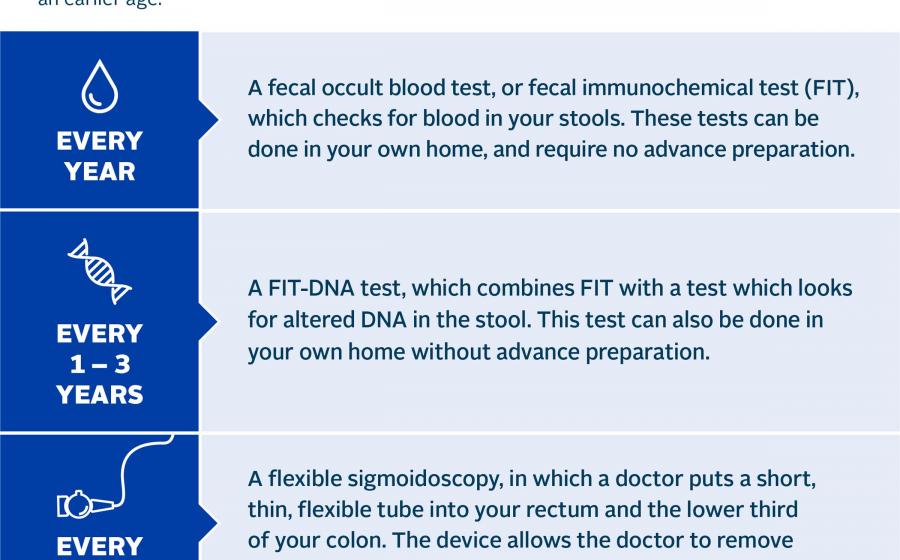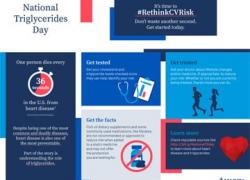Five Tips You Need to Know about Prescription Home Delivery
By Scott Greenwell, PharmD,
Humana Pharmacy Solutions
Did you know you may have the option to have medications mailed directly to your home? If you ask your health care provider about prescription home delivery through a mail order pharmacy, they can send your script to the mail order pharmacy that is in-network with your health plan, and your medications will arrive at your home, safely and securely. If your plan has a preferred cost-share mail order pharmacy, then you may even save money on certain prescriptions.
Consider the following tips to ensure you get the most out of prescription home delivery:
• Get a 90-Day Supply: Many medications will allow for a 90-day supply, resulting in fewer refills and may result in cost savings for you.
• Sign-up for Auto Refill: Many pharmacies, such as CenterWell Pharmacy (formerly known as Humana Pharmacy), will automatically deliver your next refill right to your door! If auto refill is not for you, sign up for emails, calls or text message alerts so you’ll receive a notification when it’s time for a refill.
• Compare the Costs: Check to see if your plan offers a service which suggests alternative medications at lower costs.
• Build a Personalized Medication List: Seeing multiple doctors usually means having several medications. Leverage your pharmacy or plan’s app or website to maintain a single, complete list of all your prescriptions to help avoid adverse reactions.
• Ask About Additional Support: If you have a chronic condition, a specialty pharmacy can provide personalized resources. For example, CenterWell Specialty Pharmacy (formerly Humana Specialty Pharmacy) offers cancer patients the Cancer Center of Excellence -- a dedicated team of specialty pharmacists who can help answer questions, remove barriers to care, collaborate with health care teams on unique treatment plans and more -- while also delivering medications safely and securely to your home.
With people in their 60s taking an average of 15 prescription drugs a year, prescription home delivery by mail can be beneficial for seniors. If you’re enrolled in a Medicare Advantage plan that offers prescription drug coverage, like most Humana Medicare Advantage plans, or a Part D Plan, check to see whether the plan includes prescription mail order delivery pharmacies in the network.
For more information about plans that include prescription mail order delivery pharmacies in their networks, you can call 1-800-MEDICARE (800-633-4227), 24 hours a day, 7 days a week, or go to Medicare.gov.
To learn about Humana’s Medicare Advantage plans, visit www.Humana.com/Medicare or call 1-800-213-5286 (TTY: 711) to speak with a licensed sales agent from 8 a.m. to 8 p.m. local time, seven days a week. Additional Information: Humana is a Medicare Advantage HMO, HMO SNP, PPO, PPO SNP and PFFS organization and a stand-alone PDP prescription drug plan with a Medicare contract. Enrollment in any Humana plan depends on contract renewal.
Scott Greenwell, PharmD., is President of Humana Pharmacy Solutions, where he oversees the health plan’s pharmacy solutions. He is based in Louisville, KY. Y0040_GCHLPSGEN_M


 -
- 
 - Mammograms. Colonoscopies. Dental Cleanings. There are many diagnostic exams that we may not enjoy; however, we follow the prescribed regimen for our health and well-being. Health experts are encouraging families and older adults to take the same approach to a newly recommended examination that many adults are avoiding: the Elderoscopy.
- Mammograms. Colonoscopies. Dental Cleanings. There are many diagnostic exams that we may not enjoy; however, we follow the prescribed regimen for our health and well-being. Health experts are encouraging families and older adults to take the same approach to a newly recommended examination that many adults are avoiding: the Elderoscopy. 
 - In the wake of the ongoing pandemic, a majority of Americans report pain, but most are smart about safety when it comes to pain relief, including products with acetaminophen, a common active ingredient in many over-the-counter (OTC) pain relievers.
- In the wake of the ongoing pandemic, a majority of Americans report pain, but most are smart about safety when it comes to pain relief, including products with acetaminophen, a common active ingredient in many over-the-counter (OTC) pain relievers. 
 - Does your pet race for the nearest corner, or hide under the bed when a thunderstorm strikes? Does he or she panic when it’s time to get in the car, or when home alone for an extended time? Weather, travel, and separation are just a few of the possible causes of stress in pets.
- Does your pet race for the nearest corner, or hide under the bed when a thunderstorm strikes? Does he or she panic when it’s time to get in the car, or when home alone for an extended time? Weather, travel, and separation are just a few of the possible causes of stress in pets. 
 - The ongoing pandemic has highlighted the importance of keeping your immune system strong and healthy, according to Leonard A. Farber, MD, a healthcare executive and expert in emerging technologies and their impact on public health.
- The ongoing pandemic has highlighted the importance of keeping your immune system strong and healthy, according to Leonard A. Farber, MD, a healthcare executive and expert in emerging technologies and their impact on public health. 
 - Colorectal cancer remains the
- Colorectal cancer remains the 
 - Many older adults would prefer to remain in their own homes as they age, but a lack of affordable options makes this plan a challenge for individuals and their families, according to results of a new survey of more than 1,700 caregivers and other respondents in two rural California counties.
- Many older adults would prefer to remain in their own homes as they age, but a lack of affordable options makes this plan a challenge for individuals and their families, according to results of a new survey of more than 1,700 caregivers and other respondents in two rural California counties. 
 - Now that we’re halfway through 2022, it’s important that people with Medicare re-evaluate what is included in the Medicare Advantage health plans they selected to ensure they’re maximizing their coverage throughout the year.
- Now that we’re halfway through 2022, it’s important that people with Medicare re-evaluate what is included in the Medicare Advantage health plans they selected to ensure they’re maximizing their coverage throughout the year.
 - When was the last time you thought about the health of your nails? In fact, healthy nails are not only attractive, but they are also important to overall health.
- When was the last time you thought about the health of your nails? In fact, healthy nails are not only attractive, but they are also important to overall health. 
 - Sometimes an egregious wrong gets righted.
- Sometimes an egregious wrong gets righted. 



